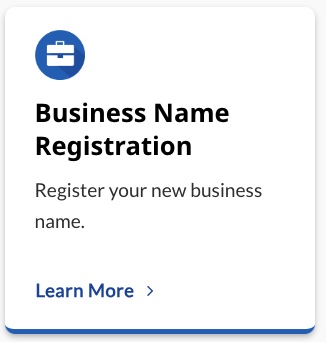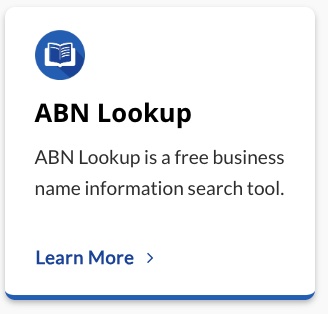Guide to Starting a New Business in Australia
Starting a new business in Australia can seem overwhelming, especially for someone looking to dive into entrepreneurship for the first time. However, taking it step-by-step can help bring this dream to reality. Here’s a simplified guide to getting started with your business in Australia.
1. Ideation
The first and most important step in setting up a business is the brainstorming phase. This involves identifying what your business will offer, and who your target customers will be. This concept could be a product, service or a unique blend of both. It’s always beneficial to conduct we-deep market research to understand your potential customers, and your potential competitors.
2. Business Structure
Once you’ve identified your business idea and gained a fair understanding of the market, the next step is to decide the structure of the business. There are four main types you can choose from: sole trader, partnership, company, and trust. The structure you choose will impact your operations, tax obligations, and personal liability, so it’s worth putting a lot of thought into this decision.
3. Business Plan
A business plan acts as a blueprint for your business, outlining your business goals, approach to achieve those goals, and the time frame you envision for achieving the goals. It typically includes information about your business structure, market research, marketing strategy, legal obligations, financial plans and projections.
4. Registration
A vital step in setting up a new business in Australia is registering your business name. You can easily register your new Australian business name at register.biz.au. Registering a business name isn’t the same as registering a company – if you want to set up a company, you’ll need to get an Australian Company Number (ACN).
5. Licensing
Some businesses may require federal, state, or local licenses and permits to operate. Depending on the nature of your business, you might need a specific license. For example, businesses in the food service industry will need a food business license.
6. Insurance
Another important aspect is getting the right insurance to protect your business and yourself personally. Several types of insurance are available for businesses, including public liability insurance, professional indemnity insurance, and workers’ compensation insurance among others.
7. Open a Business Bank Account
To keep your business finances separate and organised, you’ll need to open a separate bank account for your business. This makes accounting and tax obligations easier to handle.
8. Market Your Business
Once your business is all set up, it’s time to make your target audience aware of your existence. Consider different marketing strategies such as social media presence, digital marketing, and traditional marketing methods.
Remember, starting a business involves continuous learning, adaptability, and resilience. Armed with a detailed business plan, the right registrations and licenses, and a solid marketing strategy, you’ll be well on your way to becoming a successful Australian business owner.
Register your new business name at register.biz.au


